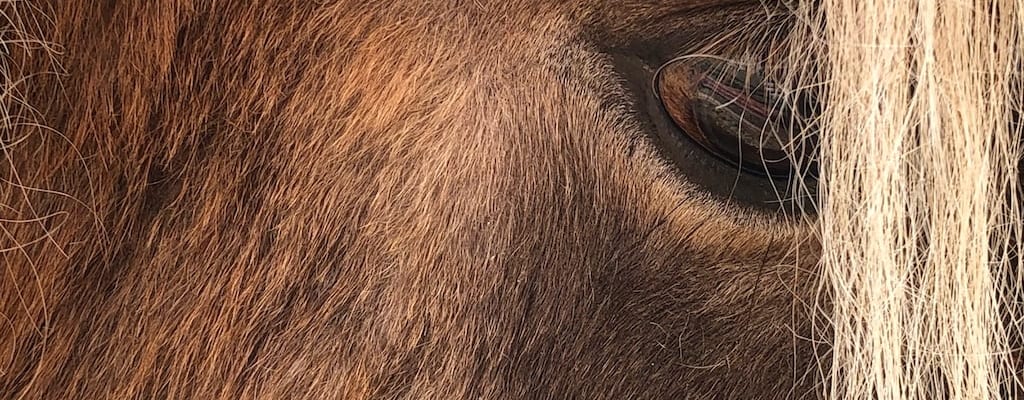eagle eye: Idiom Meaning and Origin
What does ‘eagle eye’ mean?
The idiom eagle eye means to have extremely good vision or the ability to see things in great detail. It is often used to describe someone who is observant, alert, and able to notice even the smallest details.

Idiom Explorer
The idiom "throw an eye" means to quickly glance or look at something or someone, usually with curiosity or suspicion.
The idiom "easy on the eye" means visually attractive or pleasing to look at.
The idiom "ear to the ground" means to be attentive and aware of what is happening or about to happen in a particular situation or context.
The idiom "early bird" refers to a person who wakes up or starts something early in the morning. It suggests being prompt, diligent, and taking advantage of opportunities. The phrase is often used to praise someone's productivity or punctuality.
The idiom "dollar-sign eyes" refers to someone who is extremely greedy or obsessed with money, often to the point of disregarding ethical or moral considerations.
The idiom "close one eye" means to deliberately choose to ignore or overlook something, usually unethical or illegal, in order to benefit oneself or someone else.
The idiom "clap eyes on" means to see or notice something or someone for the first time. It implies a sudden and often unexpected encounter or discovery.
The idiom "catch the eye" means to attract attention or be visually striking.
The idiom "catch the eye" refers to something or someone that attracts attention or stands out visually. This expression is commonly used in English-speaking countries, and it is often used figuratively to describe something visually striking or captivating that immediately captures one's attention.
Mystical Vision
The idiom "eagle eye" is a commonly used expression in English that describes someone with exceptional eyesight or a keen ability to notice small details. Originating from the keen eyesight of eagles, this phrase has been in use since the 16th century. When used figuratively, "eagle eye" describes individuals with a heightened sense of observation and attention to detail. It is often used to describe athletes who have a quick and accurate perception of the game happening around them, as well as individuals with a heightened level of awareness or diligence in everyday situations.
The meaning of "eagle eye" goes beyond physical vision and also symbolizes the ability to uncover hidden truths, motives, or intentions. It represents astuteness and perceptiveness that allow one to see beyond the obvious and perceive things that may not be immediately apparent to others. Having an "eagle eye" can be seen as a valuable asset, providing a competitive advantage by enabling individuals to make well-informed decisions based on the nuances and subtleties they are able to discern.
While "eagle eye" primarily conveys positive attributes, it can sometimes imply a degree of scrutiny or suspicion that may border on being overly critical or nitpicky. However, this connotation depends on the specific context in which the idiom is used. Overall, "eagle eye" captures the essence of exceptional observation abilities combined with an aptitude for discerning hidden details. Its origins rooted in the keen vision of eagles lend it a sense of authority and awe.
One related idiom that comes to mind when thinking about "eagle eye" is "have an eye for." This phrase refers to someone who has a natural talent or skill for noticing or recognizing specific things. Just as someone with an "eagle eye" has exceptional observation abilities, a person who "has an eye for" something possesses a unique talent for perceiving and appreciating specific aspects or details. Whether it be art, fashion, or any other subject, having an eye for something means having an innate ability to notice and appreciate its unique qualities.
Another related idiom is "all eyes and ears." This phrase is used to describe someone who is paying full attention and eagerly listening or watching. It implies a high level of interest and attentiveness. Just as an eagle uses its keen eyesight to remain vigilant and attentive to its surroundings, someone who is "all eyes and ears" is fully engaged and focused on what is happening around them.
Similarly, "throw an eye" is a related idiom that can be used to describe the act of quickly glancing or casually looking at something. It suggests a brief and direct observation, much like how an eagle swiftly scans its surroundings. By "throwing an eye," one is taking a quick and concise look at something without spending much time or effort.
Lastly, the phrase "all eyes" can also be related to "eagle eye." "All eyes" refers to a situation or event that has captured the full attention and interest of everyone present. It suggests a collective focus and intensity, much like how an eagle's powerful gaze captures the attention of all those who witness it. When something or someone is "all eyes," it means they are the center of attention, commanding the focus and interest of the entire group.
As language continues to evolve, the idiom "eagle eye" remains a steadfast representation of exceptional vision and observation abilities. It conveys a sense of sharpness and acuity that sets individuals apart in their perceptive abilities, whether in literal or metaphorical contexts. Just as the eagle's keen eyesight captivates our imagination, the idiom "eagle eye" invites us to explore the hidden depths that lie just beyond the limits of ordinary sight.
Example usage
Examples of how the idiom "eagle eye" can be used in a sentence:
- She has an eagle eye for detail and always catches even the smallest mistakes.
- The security guard stood watch with an eagle eye, scanning the crowd for any suspicious activity.
- During the nature hike, the birdwatcher used his eagle eye to spot a rare species of bird in the trees.
More "Adjectives" idioms

